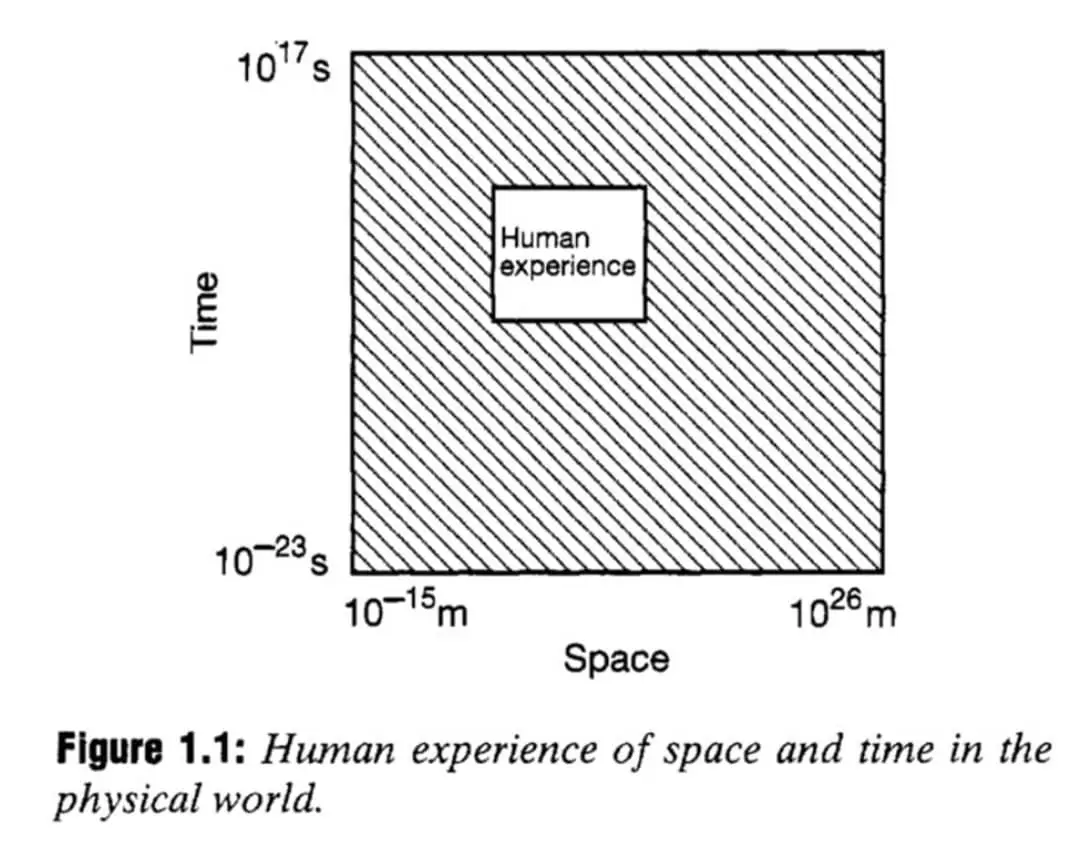Confabulation.
Look at split-brain patients: divide the corpus callosum down the middle, and you effectively have two separate brains that don't communicate. Tell the half without the speech centre to perform some random task, then ask the other one why they did that - and they will flat-out make up some plausible sounding reason.
And the thing is, they haven't the slightest idea that it isn't true. To them, it feels exactly like freely choosing to do it, for those made up reasons.
Bits of our brains make us do stuff for their own reasons, and we just make shit up to explain it after the fact. We invent the memory of choosing, about a quarter of a second after we've primed our muscles to carry out the choice.
I think a chunk of this comes down to our need to model the thoughts of others (incredibly useful for social animals) - we make everyone out to be these monolithic executive units so that we can predict their actions, and we make ourselves out to be the same so we can slot ourselves into that same reasoning.
Also it would be a bit fucking terrifying to just constantly get surprised by your own actions, blown around like a leaf on the wind without a clue what's going on, so I think another chunk of it is just larping this "I" person who has a coherent narrative behind it all, to protect your own sanity.


